COMMUNITY OUTREACH
Affordability and accessibility to quality medical and surgical services remains the most pressing challenge to Indian healthcare especially for over 70% of the population in India that resides in rural areas or urban slums having little or no access to adequate medical aid. They sustain on meagre daily wages that receives a huge blow of illnesses and its treatment to meet cost of its family member.
ICARE, in 1993 understanding the limitations of the rural poor, designed unique Rural Outreach Programme at the fixed Rural Peripheral Centre (RPC) for providing modern ophthalmic services at the very doorstep of rural population covering the states of Haryana, Rajasthan, Uttar Pradesh and the slum areas of Delhi. Operating on a hub and spoke model – screening and collecting patients requiring surgery from remote Rural Peripheral Centres (RPC’s) and urban slums, bringing them to the base hospital (in NOIDA and Greater NOIDA) and providing them high quality diagnostic, surgical and post operative care at no charge.
Day 1 (CAMP SCREENING)
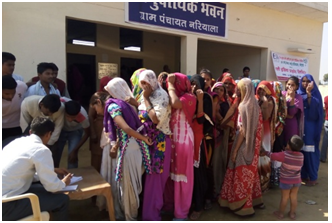
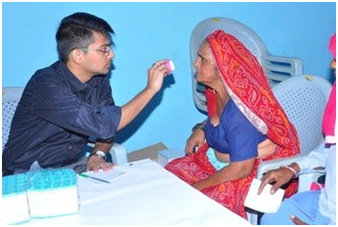
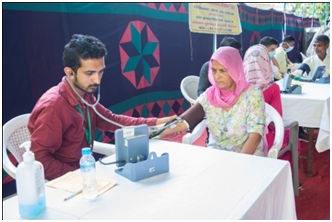
REGISTRATION, SCREENING AND AWARENESS GENERATION
- Ambulance leaves ICARE Eye Hospital early morning for the designated camp site for holding eye camp comprising of ophthalmologists and paramedical staff
- Registration is done for recording the patient details – name, age and address – in the OPD register and case sheet. Patients are given identity cards, which may be used for any future follow-up.
- Preliminary vision is checked performed by Vision Technicians and those with subnormal vision by optometrist. Refraction is performed on patients and prescribed glass for best corrected visual acuity.
- Ophthalmologists perform the preliminary clinical examination of the eye. After the basic examination, patients are either given medication, eye glass prescription. Those requiring surgery are the transported to the base hospital for further treatment after excluding diabetes and hypertension.
- At the base hospital they undergo comprehensive examination and their operation list is made by the evening.
- Awareness is created about the common causes of blindness and how it can be prevented amongst the local masses at the rural camps
DAY 2 (AT THE BASE HOSPITAL)
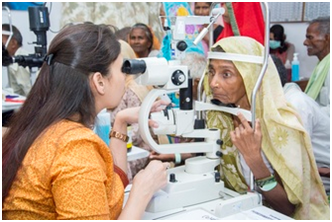
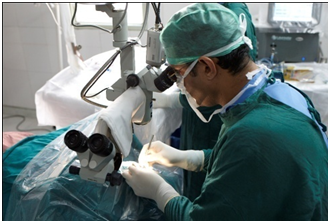
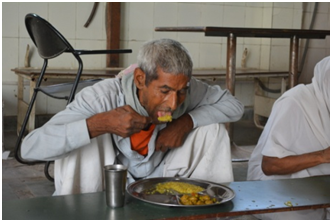
- Surgery Performed on patients
- Patients provided overnight boarding and lodging and post operative treatment
DAY 3 (RETURN TO THE BASE CAMP)
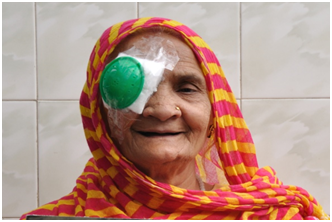
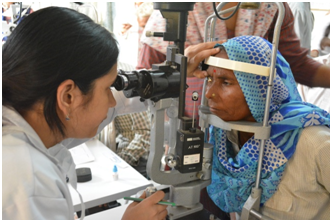
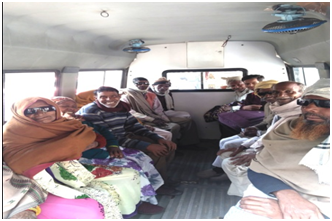
- Post-operative examination is done early morning and those found fit are transported back to their villages by the ICARE ambulance after giving detailed post operative instruction, medicine & dark goggles.

